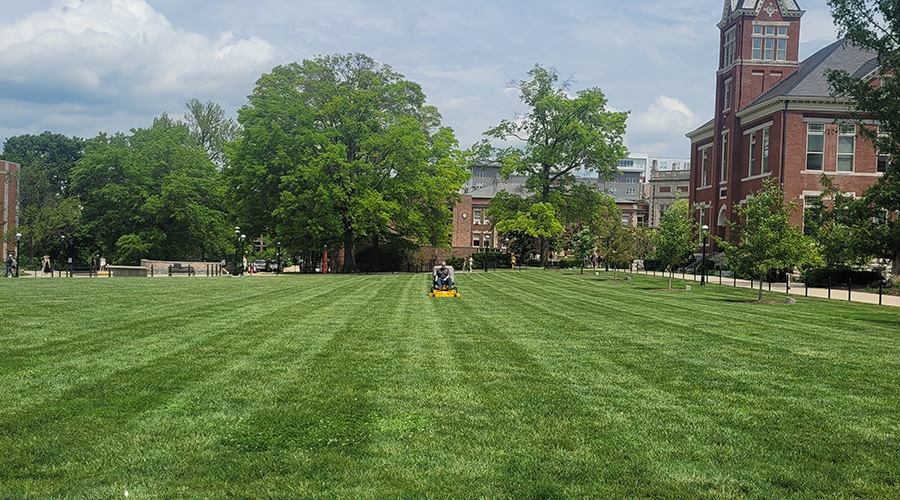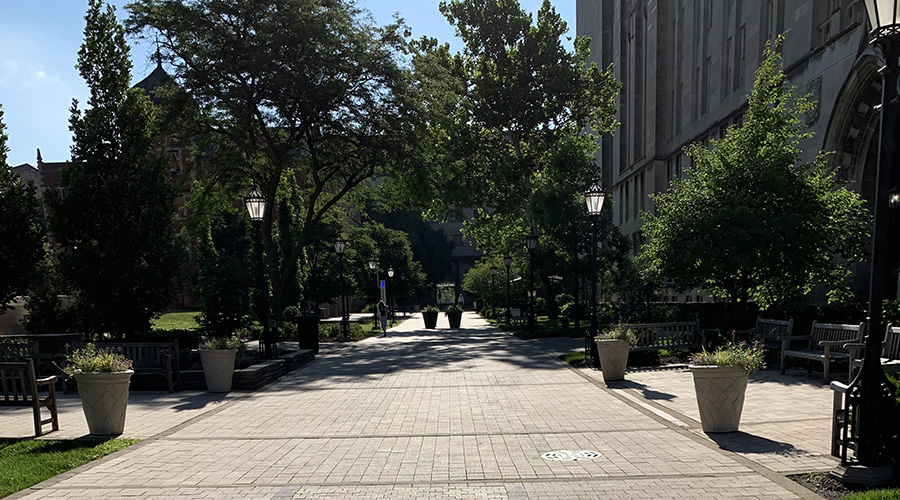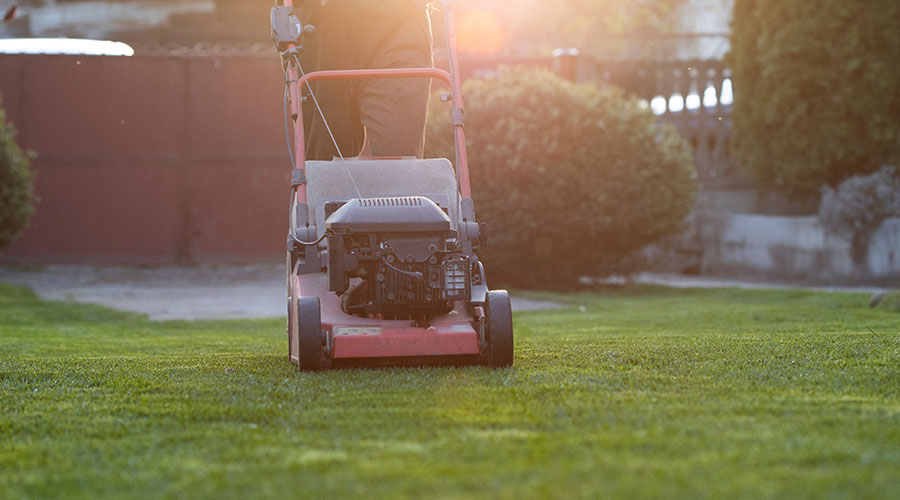Sprinkler Head Leaks, Pressure Issues Lead to Rising Water Costs
Poor maintenance can lead to a number of problems, resulting in higher water costs and service and equipment fees to correct the issues. Technicians can detect a small leak by looking for a reduction in pressure at sprinkler system heads when the system is turned on, or excess water somewhere else in the system.
In addition to low-pressure issues, high or fluctuating water pressure can potentially cause significant issues, leading sprinklers to mist or fog. When misting or fogging occurs, water is not delivered to a lawn or planting bed at the optimal rate. Though relatively minor at first, these issues can cause significant damage to the property if left untreated.
Leaks in irrigation systems also can occur around nozzle heads. The most common issues result from loose connections between the pipe threads and valves, which can cause a loss of the watertight seal, leading to leaks and, eventually, brown areas that are inconsistently colored or regularly muddy and wet. If left unattended, they can be costly to repair and lead to such issues as root rot and fungal diseases.
But these problems also can happen for other reasons, including clogged or misaligned sprinkler heads or broken nozzles. To ensure the systems deliver uniform water coverage, technicians need to make sure all nozzle heads pop up completely when the water is on and fully retract when the water is off. Sprinklers should not be blocked by grass, plants or other obstacles, and they must be vertical and flush with the soil grade.
Fine-Tuning Sustainability
Aside from ensuring proper irrigation systems design and maintenance, managers can take other steps to control landscape costs and improve sustainability.
Increasing the number of mulched areas on the property serves a number of beneficial functions. Mulch is instrumental for locking moisture into the soil because it slows the evaporation process and, in turn, reduces the amount of water required to maintain plants and flowers. Mulch also helps control erosion because it holds valuable topsoil and nutrients in place during heavy rains, and it suppresses weeds, reducing the need for fertilizers and weed-control products.
Related Topics:














